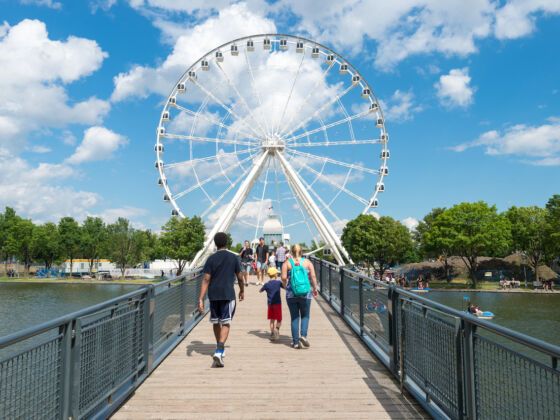A man is screaming out a string of what-you-assume-are-obscenities, but you cannot be sure. You don’t speak a word of French.
As you walk down Mont Royal you pass a Portuguese chicken place, a Jewish deli, a Lebanese shawarma joint, a hipster espresso booth, and a Chinese restaurant that sells “Riz Frit.” You remember from Jean-François’ guided tour that Mount Royal is how Montreal got its name. It’s that mountain behind you. He had warned you not to refer to it as a hill, butte, bluff, or knoll, because if locals heard you they’d crucify you. This is a mountain. Calling it anything else would be sacrilegious.
